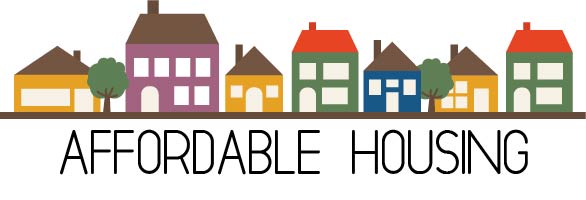News
New Life for an Old Precinct: Tshwane’s Plan for Affordable Housing Near the CBD

A quiet stretch of old council homes near Pretoria’s National Zoological Gardens is about to become the epicentre of Tshwane’s newest urban renewal vision, one aimed at affordable living, student accommodation, and economic revival.
The City of Tshwane has officially approved a bold proposal to turn 16 aged, city-owned properties into a vibrant mixed-use precinct, prioritising affordability, accessibility, and long-term public value. The plan marks a major move in the city’s catalytic land development programme, which aims to rethink how urban spaces serve residents.
Old Buildings, New Purpose
The 16 properties, many of which are currently occupied by municipal workers with expired leases, will soon be demolished to make space for a high-density, purpose-built precinct. The city’s vision? A walkable, mixed-use space offering affordable rentals, student housing, and commercial energy just minutes from the Pretoria CBD.
Situated next to the Pretoria Zoo and strategically close to transport corridors, the location offers enormous potential to bring people closer to the city’s work and learning opportunities.
According to a council report, the buildings, all over 50 years old, would require heavy investment to refurbish. Demolition and redevelopment were deemed the more sustainable path forward.
What Happens to the Current Tenants?
Understandably, questions have been raised about the families currently living in these properties. The city has confirmed that tenants will be served notice but will be given first preference to rent in the new development once completed. This approach aims to balance urban transformation with social fairness.
The 1.1-hectare site will be consolidated from the 16 standalone plots, ensuring optimal land use without selling off city assets. Instead, the municipality will offer the land through an open tender process, seeking a private development partner under a 30-year lease, with the option to extend for 20 more.
Council Support and Public Input
The proposal received support across party lines in council chambers. DA councillor Dana Wannenburg recommended specifying the lease duration in the development report, citing the complexity and long-term nature of such projects. His recommendation, a 30-year lease with a 20-year renewal option, was accepted as a way to maintain municipal oversight.
Importantly, the plan followed a public participation process, with no objections submitted, according to Kholofelo Morodi, Mayoral Committee Member for Corporate and Shared Services.
Why It Matters for Tshwane
Morodi called the project a key part of the city’s efforts to reclaim underutilised precincts and make them work for the broader community. The move promises a twofold benefit: giving residents the opportunity to live closer to workplaces and schools and boosting foot traffic and economic activity in the city centre.
She emphasised that ownership of the land will remain with the municipality. Once the 50-year lease ends, the land and any infrastructure on it will revert to public hands, a future-minded approach to long-term value.
A Shift Towards Smarter, More Inclusive Cities
As urban South Africa grapples with housing shortages, ageing infrastructure, and spatial inequality, Tshwane’s model could set an important precedent. Rather than selling off public land to the highest bidder, the city is leveraging its assets for social and economic impact while keeping ownership in public hands.
For a city long marked by fragmentation, this project is more than bricks and leases. It’s a signal that change is not only possible but already underway.
Also read: How Much You Really Need to Earn to Afford a House in South Africa
Follow Joburg ETC on Facebook, Twitter, TikTok and Instagram
For more News in Johannesburg, visit joburgetc.com
Source: IOL
Featured Image: Notorious ROB

















